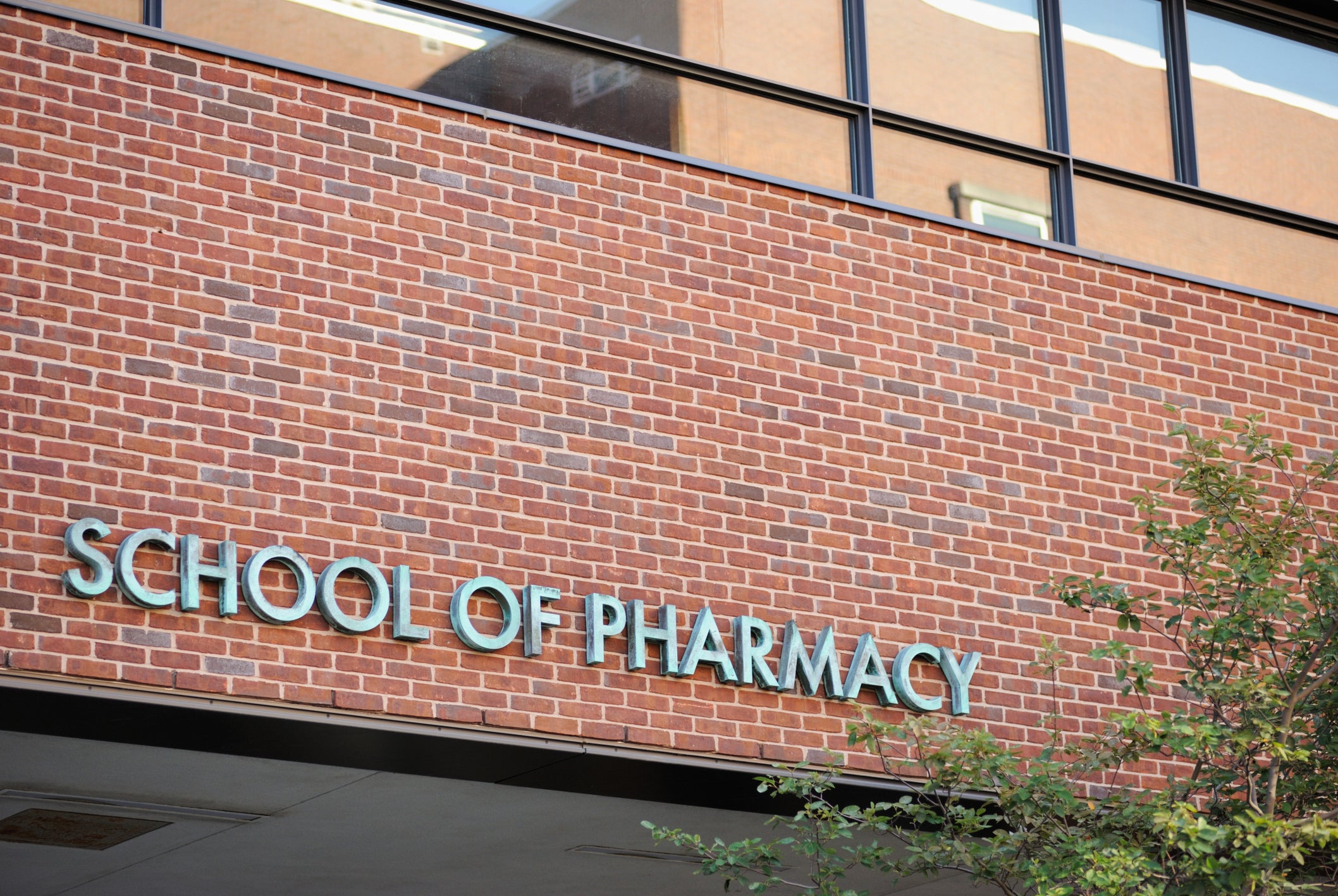AMCP Position on Pharmacist Educational Advancement

Statement:
AMCP encourages schools and colleges of pharmacy to ensure the provision of a balanced, general education, including information regarding emerging technologies and health care systems, to graduate educated and competent health care professionals. The Academy also encourages colleges of pharmacy and accrediting organizations to include managed care principles as an educational component of the curriculum (e.g., Introductory and Advanced Pharmacy Practice Experience [IPPEs/APPEs], lectures, introductory classes).
AMCP recognizes the importance of residency and fellowship programs in further educating pharmacists in their fields. Clinical expectations from hospitals and managed care organizations and the need for a competitive edge will drive the demand for advanced training. AMCP does not support policies requiring residency training for entry into pharmacy practice. Accreditation for post-graduate-year 1 (PGY1) residency training programs in managed care is available through the American Society of Health-System Pharmacy (ASHP).1 AMCP supports ongoing public funding for pharmacy residency programs and opposes any legislation that would reduce reimbursement for graduate medical education or set disproportionate reimbursement rates for pharmacy residency programs.
Additional education and training in areas such as managed care pharmacy is encouraged and is available through professional associations, including AMCP.2
Background:
Pharmacy education and training are essential to maintaining and creating adequate numbers to provide optimal pharmaceutical care. Educating future pharmacists on the appropriate competencies to provide relevant care is also necessary. To optimize pharmacy practice and improve patient and public health, pharmacy education development should be created using a multifaceted approach. The optimization of pharmacy practice should include establishing a pharmacy education program that includes non-traditional professional opportunities, including managed care. Such educational processes should address curriculum design, teaching and application-based approaches, and ensure institutions function as high quality, sustainable, evidence-based, student-centered learning environments.3 Managed Care entities should also be responsible for offering APPEs to further solidify these areas of education.
After graduating from pharmacy school, graduates can pursue postgraduate training. A postgraduate training program can be completed in managed care with a residency or a fellowship. The added experience of residency training can allow for a deeper knowledge of the practice area and often translates to 3 years of experience when applying to managed care positions.
References:
- American Society of Health-System Pharmacists (ASHP). Guidance Document for the ASHP Accreditation Standard for Postgraduate Year One (PGY1) Managed Care Pharmacy Programs. Published: March 2021. Accessed: October 29, 2024.
- Academy of Managed Care Pharmacy (AMCP). Formulary Management Training: https://amcplearn.org/content/advanced-principles-formulary-management-0 and How to Start Residency: https://www.amcp.org/resource-center/group-resources/residents-fellows/how-to-start-residency
- Anderson C, Arakawa N. Pharmacy Education Development. Pharmacy (Basel). 2021 Oct 13;9(4):168. doi: 10.3390/pharmacy9040168. PMID: 34698257; PMCID: PMC8544723.
Featured News & Resources
See Full CalendarUpcoming Events
AMCP offers a wide variety of educational opportunities, from events and webinars to online training.



